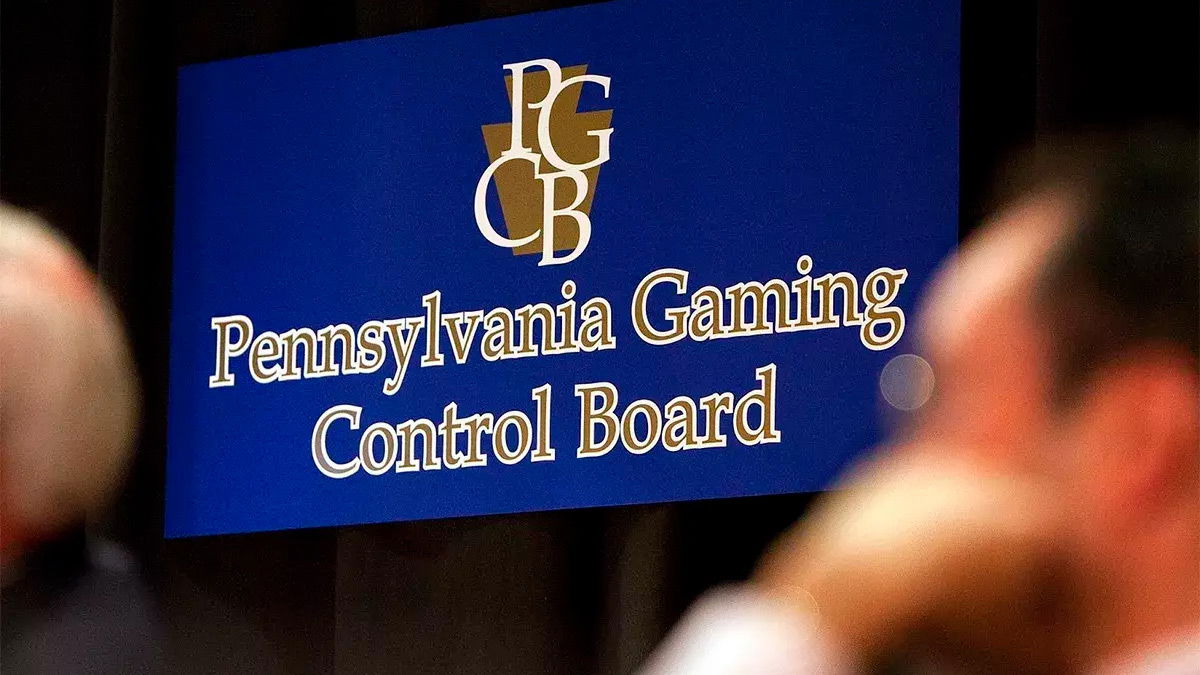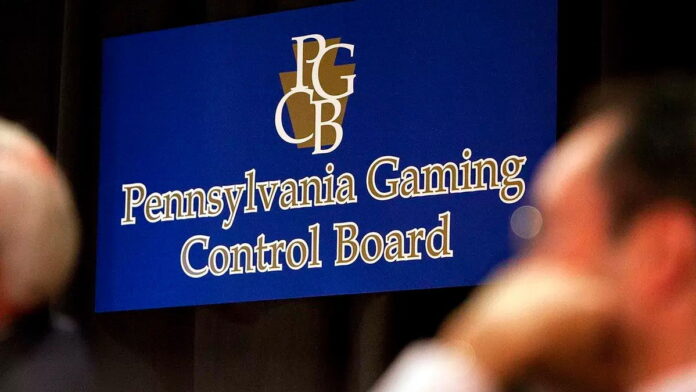
The Pennsylvania Gaming Control Board is considering a change that would allow problem gamblers to re-enter casinos immediately after their self-imposed bans expire, eliminating the current requirement for them to request formal removal from the self-exclusion list. The proposed change aligns casino self-exclusion policies with those for online gaming, video gaming terminals, and fantasy sports, where bans are lifted automatically upon expiration.
Critics argue the policy change could lead to increased relapse risks among vulnerable gamblers. “Automatic removal is dangerous,” said Jody Bechtold, CEO of The Better Institute and a gambling addiction expert, who suggested that people should have to make a conscious decision to restore their gambling privileges.
“Self-exclusion is a very effective step to take,” she said. “They’re afraid of getting arrested. They’re afraid of getting in trouble, and it’s enough for them to make a better decision. But for many people, we say self-exclusion in and of itself is not enough, so by changing this policy, they’re literally making it even less effective.”
The Council on Compulsive Gambling of Pennsylvania has formally opposed the proposal. Executive Director Joshua Ercole said: “We don’t feel that it’s a decision that’s in the best interest of folks who are either already enrolled in self-exclusion or will enroll in self-exclusion.”
Gaming Control Board officials explained the rationale behind the change, noting the administrative challenges of enforcing self-exclusion policies for individuals whose bans have technically expired.
Current rules require Board staff to investigate cases where self-excluded individuals accidentally enter casinos, potentially leading to confiscated winnings and trespassing charges. Doug Harbach, communications director for the Board, said: “This is taking a lot of staff time, and in some cases, for $100.”
However, Bechtold highlighted the heightened suicide risk associated with gambling addiction, arguing that the proposed solution to the burden placed on the board is not a risk worth taking. She said: “I would rather have that problem than people that kill themselves because they were removed from the list. I mean, you’re literally talking about an administrative burden versus people’s lives.”
State Sen. Wayne Fontana, a vocal advocate for responsible gaming policies, said: “As the state, we’re partners with the gaming industry. We get a piece of the action, but we’re supposed to be responsible. We’re supposed to make it responsible.” Earlier this year, Fontana introduced legislation to prohibit gaming companies from marketing to individuals on the self-exclusion list.
With gambling revenue in Pennsylvania reaching a record $5.6 billion in 2023, the proposed change could have significant implications for the state’s approach to gaming addiction. The Gaming Control Board will accept public comment on the proposed rule until November 26.
Original article: https://www.yogonet.com/international/noticias/2024/11/19/85737-pennsylvania-proposes-easing-casino-selfexclusion-rules-raising-relapse-concerns














